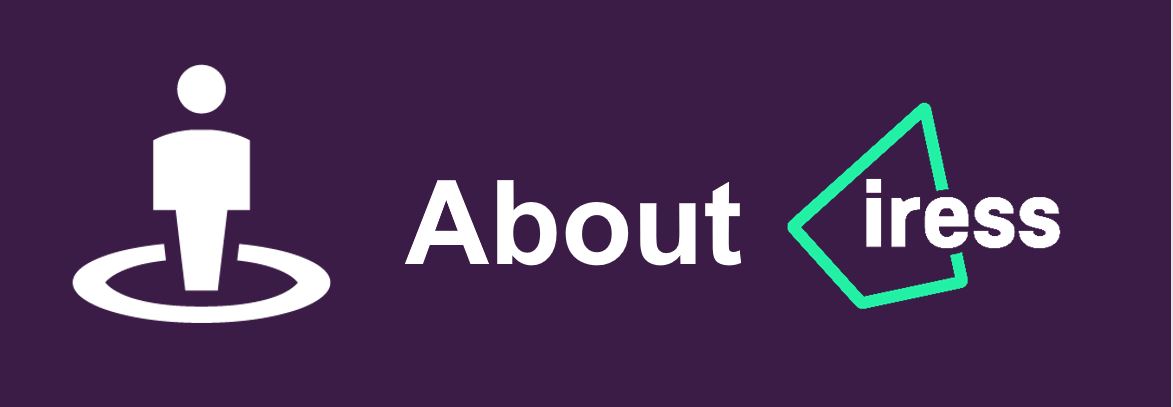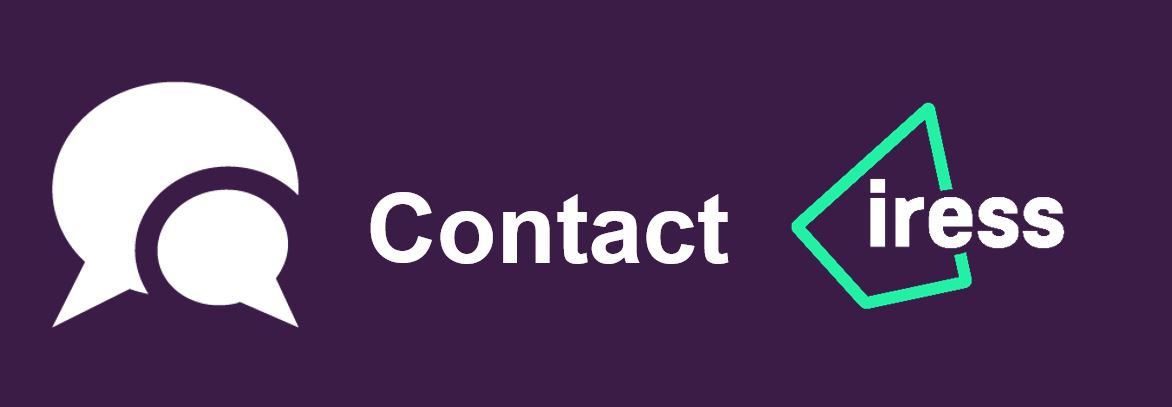Taking care of your castle
Written and accurate as at: Nov 10, 2016 Current Stats & Facts

Wealth accumulation can be as simple as putting aside money each week into a high-interest savings account, paying down your debts, or building a diversified investment portfolio inside or outside of superannuation.
Does the family home also come into mind when considering your personal wealth?
According to the Australian Bureau of Statistics*, owner occupied dwellings are the largest asset held by households, accounting for roughly 42% of household assets (with superannuation coming in second, accounting for roughly 17%); however, this also comes at a price as loans to purchase owner occupied dwellings are also the largest value across all household liabilities.
With this in mind, we have put together two potential strategies for you to consider when actively working towards decreasing your existing loan to value ratio on your home and in turn building your personal wealth over time.
Increasing the value
Did you know that the combined capital city home values have experienced 7.1% growth*^ over the 12 months? In terms of changing the value of the family home, your location (city, suburb, land ‘position and site’) are somewhat fixed unless there is an expected population increase coupled with a surge in property demand, a proposed nearby residential/commercial/retail development or a change in land subdivision rulings. So what about tapping into an often underestimated variable, ‘You’ and being ‘house-proud’?
Keeping up with the required repairs and maintenance, enhancing the ‘aesthetic appeal’ that makes your home different from the next and making improvements that bring your home into the 21st Century may be ways for you to not only enjoy your home today, but also may improve the potential salability of your home in the future. Furthermore, if there does come a time for you to sell your family home, remember that you will generally find that your main residence is fully exempt from Capital Gains Tax – so decreasing the loan to value ratio of your home can mean more money in your pocket to help with the next chapter of your life (e.g. upsizing or downsizing).
To learn more about making improvements to your family home (or an investment property) read our article ‘7 things to consider before you renovate’.
Extra mortgage repayments
Most people would be familiar with how extra mortgage repayments on a home loan can help to reduce the loan term and save on interest payable, but how many of us actually employ this strategy to build our personal wealth?
Let’s look at a simple example of making extra mortgage repayments.
John and Jane recently purchased their dream home in the cosy town of Smithsville with the help of a $400,000 loan from their chosen lending institution. The loan term was 30 years with a variable interest rate of 5.50% and a minimum principal and interest repayment amount of roughly $2,271 (paid monthly). However, John and Jane had already decided that they didn’t want to wait 30 years to own their home nor pay roughly $417,703 in interest over the life of the loan!
After carefully completing a budget of their household income and expenditure and having an open and honest conversation about their needs versus wants, they found that there was $300 surplus per month that could be allocated towards paying down their mortgage faster. With a little help from their Extra Repayment Calculator they found that if the $300 was directed toward their home loan then it would result in a reduction of their loan term by over 7 years and a saving of roughly $115,681.53 in interest payable.
Even though this article doesn’t take into account all of the possible scenarios# that can affect your financial position in relation to your family home over time, it does serve to illustrate the power of accumulating wealth earlier by taking an interest (and pride) in your assets and making the commitment to reduce your levels of debt faster. To help you navigate through this complex world and other important financial matters it pays to seek professional advice that reflects your own personal financial situation.
*Australian Government, Australian Bureau of Statistics. Household income and wealth levels. Retrieved from: http://www.abs.gov.au/ausstats/abs@.nsf/Lookup/by%20Subject/6523.0~2013-14~Main%20Features~Household%20Income%20and%20Wealth%20Levels~5
*^CoreLogic. Monthly Housing & Economic Chart Pack, October 2016. Retrieved from http://www.corelogic.com.au/reports/chart-pack.html













